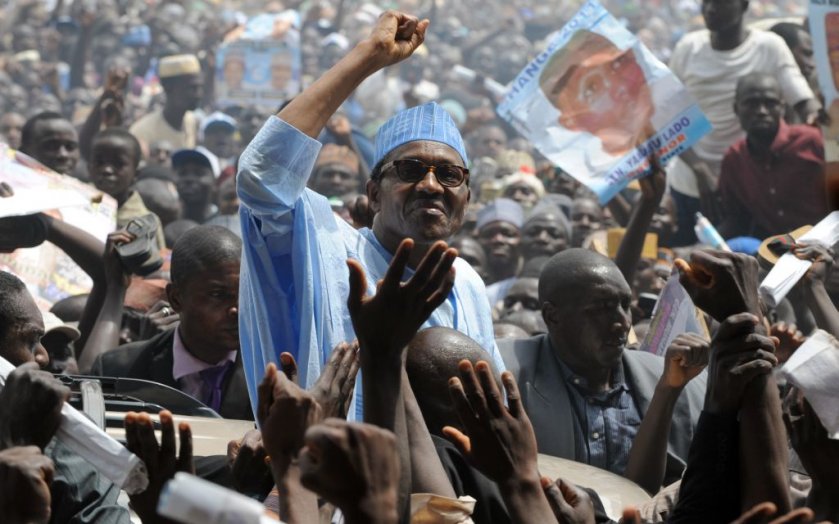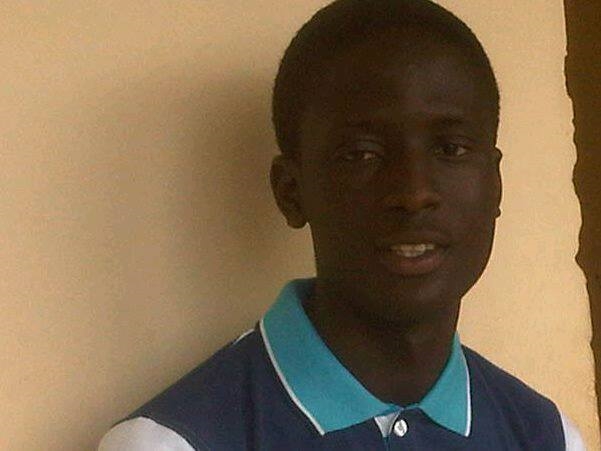AFP photo
By
Ogunniyi Abayomi
He was awoken by a strange phone call from his colleague over the assassination of Chief Owoseni Adigun in the odd hours of night at his residence in Lagos, a metropolitan state across the Western Region of Nigeria. Unstable and distorted were the reactions that emerged after receiving the information that prompted him to leave his house to the scene of murder.
Olukayode Adigun, a top police officer, toiled with his team to conduct a series of investigations over the death of Chief Owoseni Adigun within the urban settlement in Lagos. He viewed the case as an opportunity to evoke the desire of attaining to the rank of Inspector General of Police, an ambition he nursed during his stint at the Police College across the Northern region of the country.
A diligent and consistent officer were superlatives implored to describe his performance at the Police Department, rising to the rank of Assistant Inspector General of Police across Nigeria. He was unfettered by the presence of the political cabal and conmen within the seats of power and their role to ensure the man was killed by assassins.
Kayode was aware of the risk this case envisaged and was ready to tackle the herculean task of resisting from investigating the murder case. The Inspector General of Police who followed the case was threatened by an unknown political cabal to disrupt the investigation concerning Chief Owoseni Adigun, the prominent politician.
“We could kill you if you bring sanity to the system and may die likewise if you endeavour to yield on with the investigation towards the case.” The inspector was tense over the possibility of losing his job, Kayode’s ambition to attain a top position in the police force thwarted when his superior suddenly suspended the case over the fear of losing his life, the perpetrators then winning and the law remaining broken for the establishment of an insane society.
Kayode’s resignation was a little shocking but expected after the disruption to the progress of the murder case. The law could not take its stand to arrest the oppressor imposing strict punishment if convicted guilty.
The perpetrators lived and killed more souls using the avenue of power to inflict lawless acts, the law failing in fulfilling its objective.
This story clearly illustrates how we endeared to the catastrophic and bemoaning affairs within our society in 2016. Some died unjustly, either by attacks or calamity that are avoidable if standards were implemented, some were victim of grave religious and ethnic clashes over faith and culture discarding the necessary value to sustain human life.
Nigeria as a society has struggled for sanity amidst the harsh condition of our economy, creating a mirage of a hopeless state within our society. The disruptive electoral process in River state, the suicide bombings in Adamawa and various settlements across the Northern region by the Boko Haram and the killing of our military personnel who fought to redeem our image thwarted by terrorism yet the perpetrators are not punished because they are close to the seat of power.
The country’s dream of attaining the potential development required might take a little while longer than expected. Much like the police story, our dreams of making it legitimately are thwarted, meanwhile we dwell in these pools of corruption despite rigorous measures to curb the menace.
Individuals and groups maximise their ability, energy and strength to their capability yet their reward is not certain. We remember the Super Falcons who emerged as the champion of African Women Championship in Yaoundé, Cameroon lest we forget the hostile reception and the benefit and bonuses withheld from the team despite their brilliant effort.
The docile response of the ministry clearly exhibits the lackadaisical attitude of our leaders towards growth and development in a country of various resources. What do we tend to gain? Our rewards are neither visible when death is clearly placing our life on the line for those whose responsibility we cannot comprehend.
American citizens taught the world a lesson, one I think we haven’t learn for decades; it’s a rhetoric we have not answered for years. Have we raised the question of the queasy capability over the period we embrace democracy and a federal system of government since 1999 after the emergence of Chief Olusegun Obasanjo?
We are forcefully willed to the dictatorial policy embedded in a clumsy constitution that supports the cabal, always amending policy in their favour. Budget padding between Jibrin and Yakubu Dogara, the speaker of house of representative, Abuja remains inconclusive and silent.
The judicial system of government also infiltrated the scene, the theatrics fading only in the media. The interpreter of the constitution, likewise individuals who act based on the law, are observed and seen as the participants within a corrupt administration.
The act of meritocracy likewise died within the tense atmosphere of much rigidity, an atmosphere we continue to live in. We close this year, but do we open another year in this manner?
I conclude here with a dramatic verse from Kendrick Lamar in his song “hi power” which states ‘everybody lift two fingers in the air, the rain is falling, the sky is falling for something or die in the morning.’
Where do we start or are we dead to the noise of tyranny?



No Comments Yet!
You can be first to comment this post!